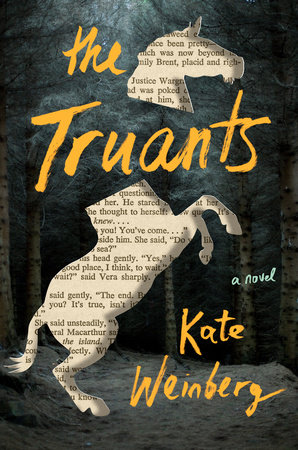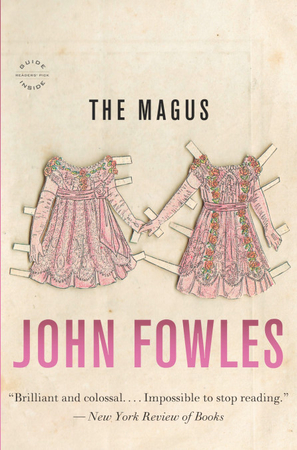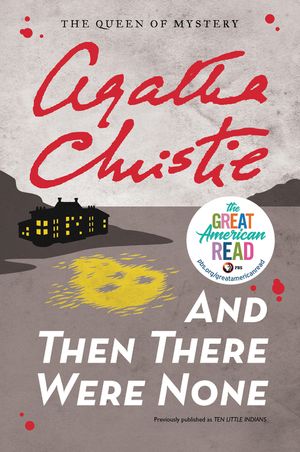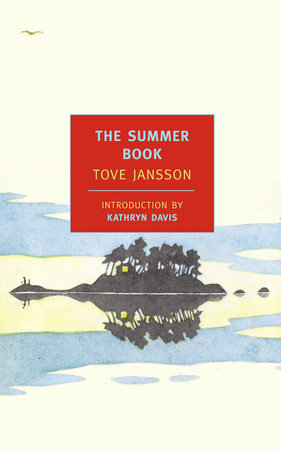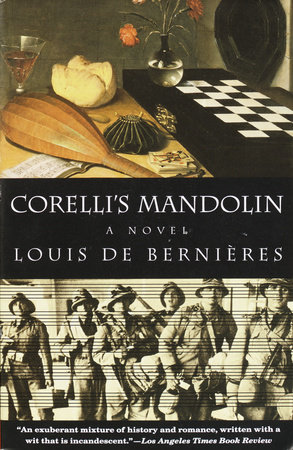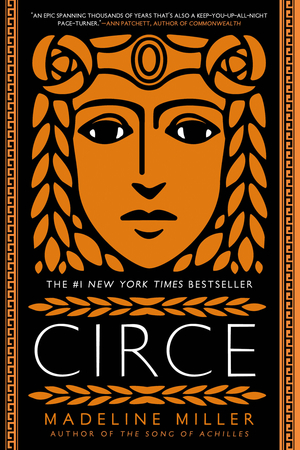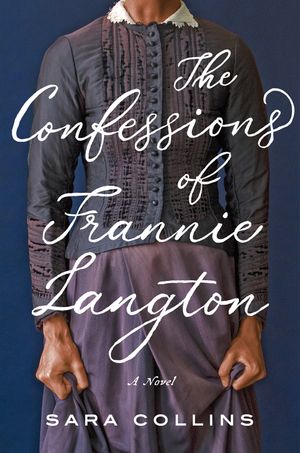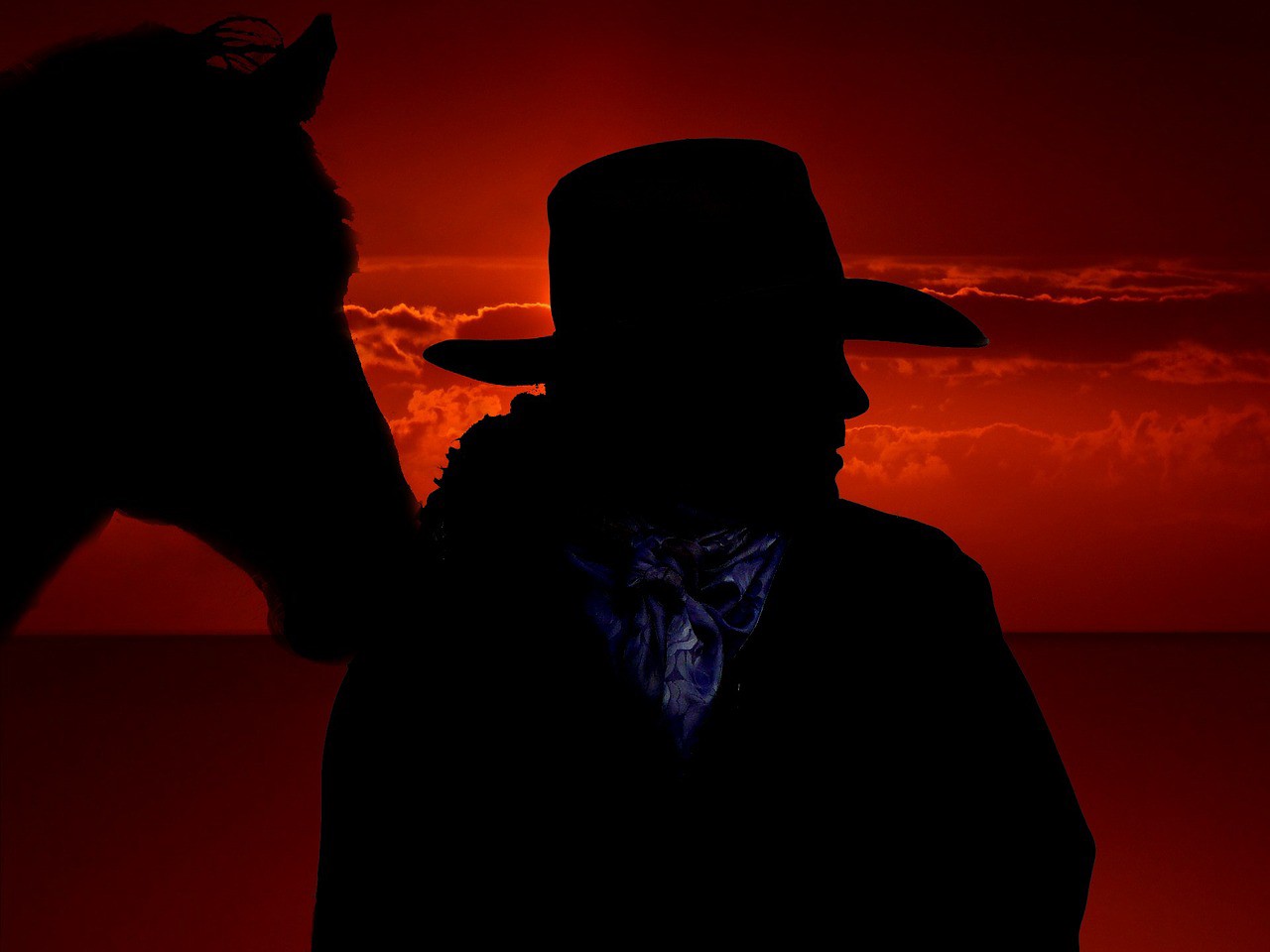Reading Lists
7 Novels About Being Trapped on an Island
What happens when you're surrounded by water and there's nowhere to escape?

Reading a good book can feel like traveling to a remote island. A particular kind of journey where having crossed a stretch of water, and surrounded by sea, you are cut off from the rest of the world. For a writer, an island lends itself to creating atmosphere—claustrophobic, mystical, exposed. Or, as Agatha Christie understood, a different kind of locked room.
I began writing The Truants after a hiking holiday on a far-flung island of the Aeolian archipelago when it occurred to me that the landscape, and its position—stranded in the Mediterranean—was the ideal backdrop for a psychodrama of suspense. But somewhere in the writing process, the island started to feel more like a character than a setting. The winding cliff-paths, the sheer drops and forbidding sea all started having their own effect on the story.
Naturally, writing about an island was also a very good excuse to go back.
Here are some of the novels that inspired me to leave the mainland.
The Magus by John Fowles
Fowles uses a Greek island to great effect as a backdrop for an intense psychological experiment that is carried out on his now-you-like-him-now-you-hate-him protagonist Nicholas Urfe. I remember reading this at university for three days straight, curtains closed. Compulsory reading for any young man who thinks that he “loves women.”
And Then There Were None by Agatha Christie
Two of Agatha Christie’s best works—this and Evil Under the Sun—take place on an island that was based on the real-life Burgh island, off the coast of Devon, where Christie went for periods of extended writing. And Then There Were None makes best use of the setting, with stormy seas cutting off the assembled suspects to create a sense of fatal claustrophobia as they are picked off one by one. I swam around Burgh island while I was doing some research for The Truants, lost all sensation in my hands and feet, and nearly joined them.
The Summer Book by Tove Jansson
Jansson writes delicately about a relationship between grandmother and grandchild—in which the missing mother is felt keenly in the silences on a wild Finnish island. The non-verbal communication between the old woman and young girl and the daily workings of a simple life works beautifully to bring out the poignancy of this quiet, inter-generational masterpiece.
Corelli’s Mandolin by Louis de Bernières
The island of Cephalonia feels like one of the central characters in this charismatic love story, and is, in fact, pivotal to the plot. Not only is the ambiguity of heroism and villainy explored through the occupation of the Greek island by an Italian army who are then massacred by the Germans; but the idea of “history” itself is challenged—as Dr. Iannis, the heroine’s father, struggles to write a factual book about the island, but finds himself constantly diverted by personal feelings and biases.
Circe by Madeline Miller
Most of Miller’s evocative, feminist retelling of Circe’s story takes place on Aiaia, the island on which Circe has been banished by Zeus because her occult powers don’t sit well in divine circles. Circe learns to make her place of exile work for her, harvesting dry herbs to make spells and soon the island itself begins to feel like an extension of her powers.
The Confessions of Frannie Langton by Sara Collins
A devastating story of control, abuse, and twisted love told through Frannie, a Jamaican slave girl who is being tried at the Old Bailey for a double murder. But the roots of the crime take place in Jamaica, and with Frannie’s re-telling of the horrific abuse that took place as a slave girl in the “Paradise” plantation, the fetid “sun-addled” island takes on the nightmarish quality of a traumatized psyche.
The Great Gatsby by F. Scott Fitzgerald
Most of the action in The Great Gatsby takes place on “that slender, riotous island which extends itself due east of New York.” Like many of the characters in the novel, the island has a schizophrenic quality to it, split into East Egg—where the Buchanans live—and the “less fashionable” West Egg, where Gatsby and Nick live. One of the prevailing images of the book is of Gatsby standing at the bottom of his garden at night time, staring at the green light at the end of a dock on West Egg where Daisy and all his hopeless romantic ideals abide.




